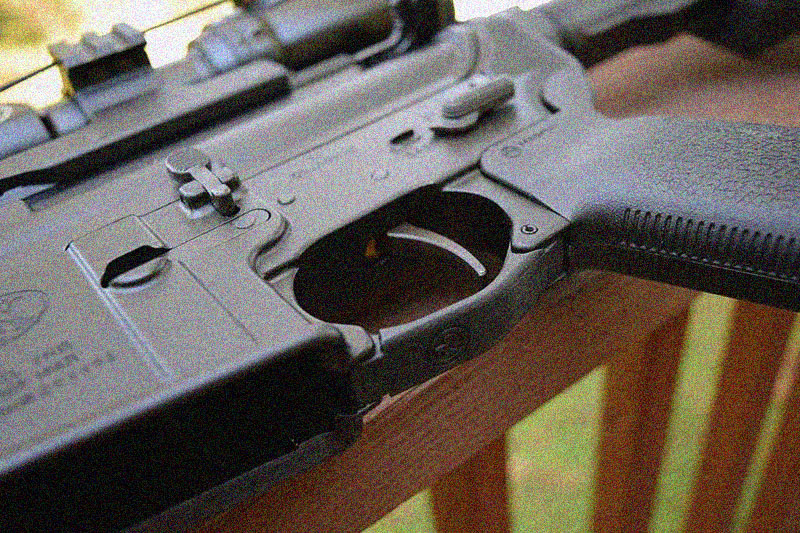There are many different types of lower receivers made from various materials, but the most common type is made from aluminum. Other popular materials used for creating lower receivers include composite and polymer. While there are pros and cons to each type of material, it ultimately comes down to personal preference as to which one you choose.
Aluminum lower receivers are the most popular choice among gun enthusiasts for a few reasons. First, aluminum is a very strong and durable material that can withstand a lot of wear and tear. Second, aluminum is relatively lightweight, which makes it easy to carry around and helps reduce fatigue when shooting for extended periods. Finally, aluminum is more affordable than other materials like composite or polymer.
We also recommend watching this video
Composite and polymer lower receivers are also popular choices, particularly among those who are looking for a lighter-weight option. Composite materials are typically made from a mixture of different fibers, while polymer lower receivers are made from plastic. Both composite and polymer lower receivers have the advantage of being very lightweight, which can be a major selling point for some gun owners. However, these materials are not as durable as aluminum and may not be able to withstand the same amount of wear and tear.

Lower receivers are the part of the gun that contains the trigger group and handles the recoil of the weapon. They also house the magazine release and bolt catch assemblies. The vast majority of lower receivers are made from aluminum due to their strength and durability characteristics. However, there has been an increase in the use of polymer and composite materials in recent years.
Polymer lower receivers are typically made from glass-filled nylon material. They are often lighter in weight than aluminum lower receivers and can be less expensive. Composite lower receivers are made from a variety of different materials, including carbon fiber and Kevlar. These materials make composite lower receivers very strong and lightweight.
There are a variety of materials that can be used to make a lower receiver, but the most common is aluminum. Lower receivers can also be made from polymer, steel, or even titanium. The material choice depends on the intended use of the firearm. For example, lighter-weight materials like aluminum may be more desirable for competition shooters who are looking to reduce the overall weight of their guns. Conversely, tougher materials like steel or titanium may be more appropriate for home Defense Gun builders who want a receiver that can withstand more wear and tear.
Lower receivers are the part of the gun that houses the trigger assembly and magazine well. To be considered a firearm, a lower receiver must be completed with all of its required components. This includes the fire control group, pistol grip, and buttstock. Once these components are installed, the lower receiver is then considered to be a firearm.
There are three main types of lower receivers:
- stripped,
- billet,
- forged.
Stripped receivers are just that – they have no extra machining or milling and are ready to accept all of the necessary components to complete the gun. Billet receivers undergo extra machining to create a more unique look. Forged receivers are made from a single piece of metal that is pounded and shaped into the desired shape. Forged receivers are generally considered to be the strongest, but all three types are perfectly capable of housing the rest of the firearm components.
We also recommend watching this interesting video

Some companies even offer polymer lowers, which can offer considerable weight savings over traditional metal construction.
No matter what material your lower receiver is made out of, it needs to be treated with care and respect, as it is a crucial part of your firearm.
Lower receivers are the part of the gun that houses the trigger assembly and magazine well. They can be made from a variety of materials, including aluminum, polymer, and steel. Lower receivers come in a variety of designs, and each has its own set of benefits and drawbacks.
– Aluminum lower receivers are often used in lightweight weapons such as carbines. They’re strong enough to withstand recoil and traumatic impacts, but light enough that they don’t add unnecessary weight to the gun.
– Polymer lowers are becoming increasingly popular due to their ease of manufacture and low cost. Polymer lowers are also lightweight and resist corrosion better than aluminum or steel rivals.
– Steel lower receivers are typically found on heavier weapons such as machine guns and sniper rifles. Steel is extremely durable and can withstand a lot of abuse, but it also adds a significant amount of weight to the gun.
Please login or Register to submit your answer


